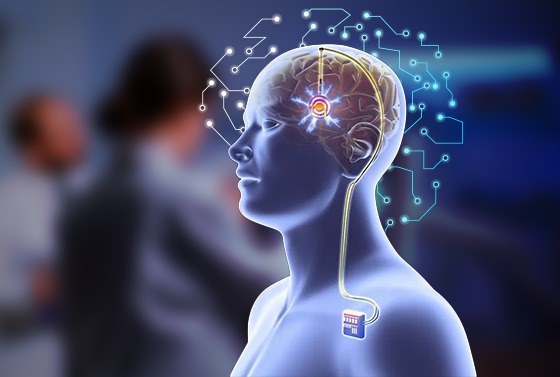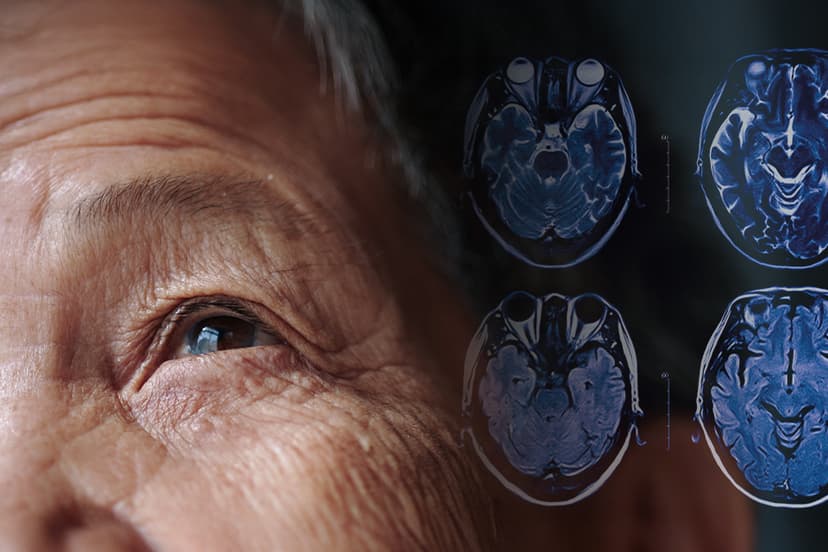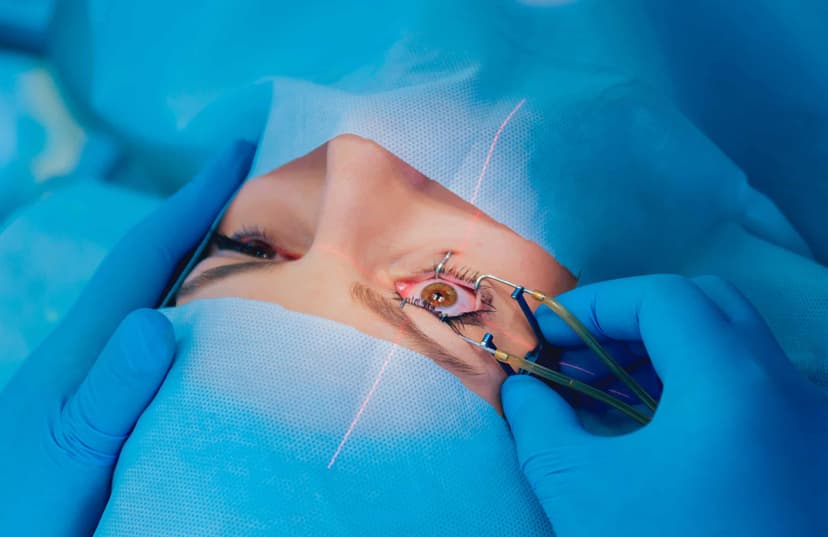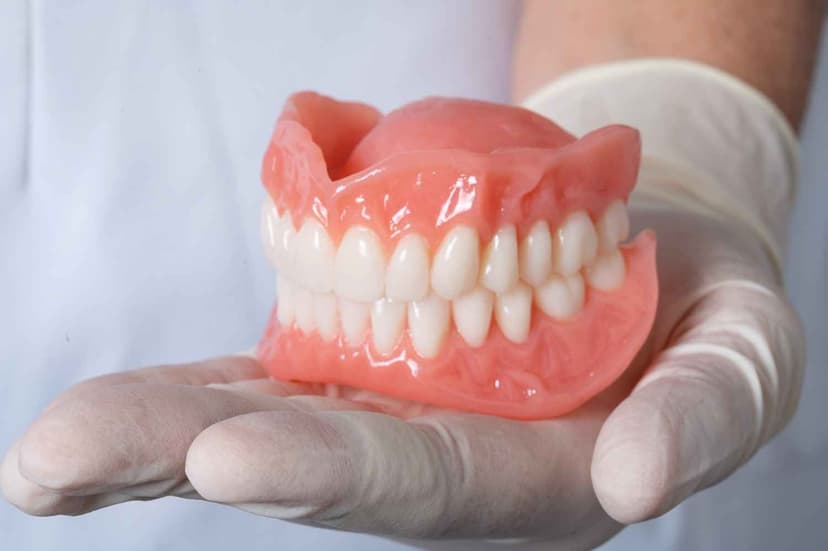Contents
DBS, FUS, or Rehab? Choosing the Right Parkinson’s Treatment
The most effective treatment approaches for Parkinson’s disease depend on each patient’s symptoms, disease stage, and general health condition. Three commonly used methods include deep brain stimulation (DBS), focused ultrasound (FUS), and rehabilitation therapy, each serving a distinct role in managing the condition.
DBS and FUS are considered advanced medical interventions that target specific areas of the brain to reduce motor symptoms such as tremors, stiffness, and rigidity. These procedures are typically recommended for patients whose symptoms are not adequately controlled with medication. Rehabilitation, on the other hand, focuses on improving mobility, balance, and daily functioning through physical and occupational therapy.
Selecting the right treatment requires a thorough evaluation by a multidisciplinary medical team. Factors such as symptom intensity, treatment goals, potential risks, and overall suitability must be carefully assessed. A personalized approach combining medical, surgical, and rehabilitative care provides the best chance of improving quality of life for individuals living with Parkinson’s disease.
What is DBS?
DBS Parkinson treatment is a deep brain surgery for Parkinson’s disease that involves implanting a Parkinson’s brain stimulator to regulate abnormal brain activity. This treatment is primarily used for patients experiencing motor fluctuations that cannot be controlled with medication alone.
During deep brain stimulation Parkinson’s surgery, electrodes are placed in targeted areas such as the subthalamic nucleus (STN) or globus pallidus interna (GPi), which are involved in motor control. These electrodes deliver controlled electrical pulses, disrupting abnormal signals and improving movement. A small pulse generator, implanted under the skin in the chest, controls the stimulation levels.
When to Consider DBS Therapy for Parkinson's Disease
DBS should be considered when Parkinson’s symptoms are no longer adequately controlled with medication. Patients experiencing severe tremors, medication-induced dyskinesia, or "on-off" fluctuations may benefit significantly from this intervention. Ideal candidates typically have a good response to levodopa but struggle with its side effects or diminishing efficacy over time.
DBS is not suitable for every Parkinson’s patient. Those with significant cognitive impairment, severe psychiatric disorders, or advanced neurodegeneration may not be ideal candidates due to the risks associated with deep brain surgery for Parkinson’s. Furthermore, the success of dbs parkinson therapy depends on precise electrode placement, requiring a skilled neurosurgical team and an experienced neurologist for post-operative programming. Patients considering dbs and parkinson's treatment should undergo a thorough neurological and psychiatric evaluation before proceeding.
Choosing The Right DBS Therapy for Your Parkinson's Disease Treatment

Selecting the right DBS system involves considering electrode type, battery life, and stimulation programming options. Some systems use rechargeable batteries that last over a decade, while others require surgical replacement every few years. The choice between unilateral and bilateral electrode implantation depends on symptom distribution and severity.
Another crucial factor is the experience of the surgical team and hospital infrastructure. DBS requires state-of-the-art neurosurgical facilities, and treatment success is highly dependent on surgical precision. Countries like Turkey have gained recognition for Deep Brain Stimulation (DBS) Surgery in Turkey, offering high-quality neurosurgery at competitive prices. Patients seeking best Parkinson's disease treatment centers and countries often explore options abroad for cost-effective yet advanced neurosurgical care. Neurosurgery in Turkey is performed at specialized centers that provide personalized treatment plans, ensuring optimal outcomes.
What is FUS?
Focused Ultrasound (FUS) is a new treatment for Parkinson’s disease ultrasound therapy that uses high-frequency sound waves to create precise lesions in specific brain areas. Unlike deep brain stimulation Parkinson’s, which requires surgical implantation, ultrasound for Parkinson’s is entirely non-invasive.
This technique targets the thalamus (for tremor-dominant Parkinson’s) or globus pallidus (for dyskinesia and bradykinesia), disrupting abnormal neural activity. It is a groundbreaking Parkinson’s treatment for patients who are not candidates for surgery or prefer a non-surgical alternative.
When to Consider FUS for Parkinson's Disease
Focused ultrasound (FUS) is a promising alternative for patients who are not suitable for DBS or prefer a non-invasive approach. This new treatment for Parkinson's disease ultrasound uses MRI-guided sound waves to create targeted lesions in brain regions responsible for tremor and rigidity. Unlike DBS, which involves implanting hardware, FUS achieves symptom relief without surgical incisions.
FUS is particularly effective for patients with tremor-dominant Parkinson’s disease who do not respond well to medication. However, it is typically a unilateral procedure, meaning it treats only one side of the body. Patients with bilateral symptoms may find FUS less effective than deep brain stimulation Parkinson's. Additionally, not all symptoms respond equally to focused ultrasound Parkinson, with rigidity and bradykinesia showing less consistent improvement compared to tremors.
Choosing The Right FUS Treatment For Your Parkinson's Disease Treatment
The effectiveness of FUS depends on patient selection and treatment precision. Since the procedure creates permanent brain lesions, careful planning is essential to avoid unintended side effects such as balance issues or speech difficulties. Unlike parkinson's brain stimulator implants used in DBS, FUS does not offer adjustable modulation, making it a one-time intervention with irreversible outcomes.
Many patients seeking groundbreaking treatments for Parkinson's disease turn to leading international centers with high success rates. Deep Brain Stimulation (DBS) is increasingly favored over Focused Ultrasound (FUS) due to its greater effectiveness and long-term outcomes. Among the top destinations, Spain and Israel stand out for their advanced medical infrastructure and consistently high treatment success rates.
What is Rehab?
Parkinson rehabilitation is a comprehensive approach that focuses on maintaining mobility, independence, and quality of life through structured therapy programs. Unlike DBS or new treatment for Parkinson’s disease ultrasound, rehabilitation for Parkinson’s disease does not alter the disease's progression but helps patients manage symptoms effectively.
Rehabilitation includes physical therapy for balance and movement, occupational therapy for daily activities, and speech therapy for voice and swallowing difficulties. It is a key component of Parkinson’s care, especially in the early and mid-stages of the disease.
When to Consider Rehab for Parkinson's Disease
Rehabilitation should be considered at all stages of Parkinson’s disease to maintain function, mobility, and independence. While DBS and FUS address specific motor symptoms, they do not halt disease progression. Parkinson rehab programs, including physical therapy, occupational therapy, and speech therapy, help patients manage evolving challenges over time.
Early-stage patients benefit from targeted exercises that improve strength, balance, and coordination. As the disease progresses, parkinson rehabilitation becomes essential for preventing falls, maintaining speech clarity, and adapting to mobility aids. Rehabilitation Parkinson programs are highly individualized, focusing on the patient’s specific limitations and lifestyle needs.
Should You Choose DBS, FUS, or Rehab for Parkinson's Treatment?
Choosing between DBS, FUS, and rehabilitation depends on the patient's symptoms, disease progression, and treatment goals. DBS is best for individuals with severe motor fluctuations who respond to levodopa but struggle with its side effects. FUS offers a non-invasive option for tremor-dominant Parkinson’s patients who are not candidates for surgery. Parkinson’s rehabilitation is a crucial component of long-term management, regardless of other treatments chosen.
Patients considering international treatment options often explore Deep Brain Stimulation (DBS) Surgery in Turkey or Neurosurgery in Turkey, benefiting from high-quality care at lower costs. A-Medical, a leading medical tourism provider, facilitates access to the best Parkinson's disease treatment centers and countries, ensuring seamless treatment coordination, from travel and accommodation to doctor consultations and follow-up care.
For those seeking advanced Parkinson’s care, A-Medical arranges one free call or video consultation with the clinic, allowing patients to discuss their case directly with specialists. Whether opting for focused ultrasound for Parkinson or deep brain stimulation Parkinson's, having expert guidance ensures informed decision-making and optimal treatment outcomes.




